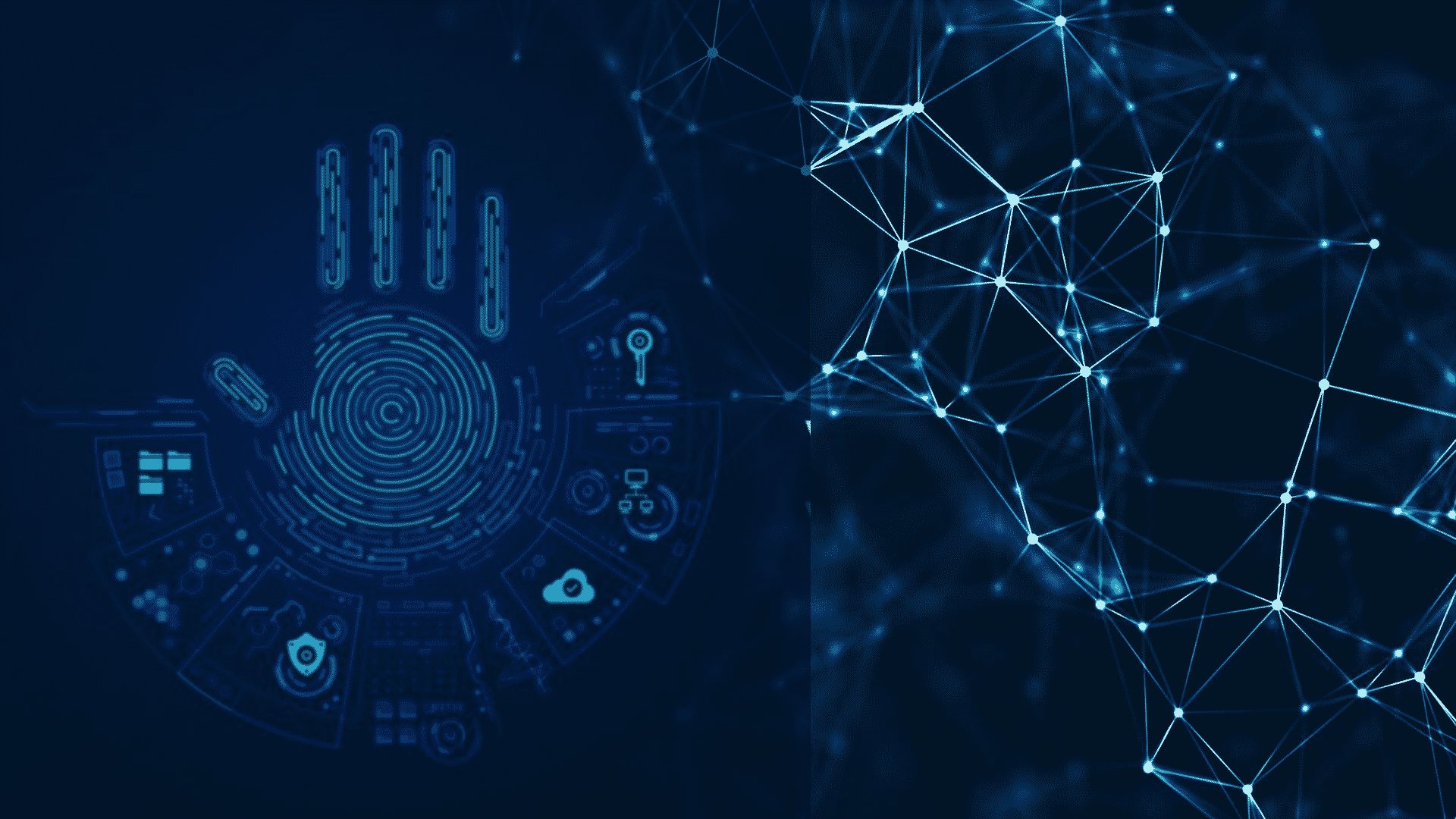
How Identity Verification can Benefit From Blockchain-based Authentication
BlockchainMarketingNinja is one of the leading blockchain marketing companies, offering specialized marketing services across various sectors. They provide a wide range of solutions for both startups and large organizations.”About one-sixth of the world’s populations do not have documented evidence for their existence. Blockchain could help in establishing the identity for this one-sixth by giving them access to banking, education, mobile communication, and much more. Identity verification is a procedure unpredictably woven into trade and culture around the world. Blockchain technologies make managing and tracking digital identities efficient and secure by bringing about consistent sign-on and decreased fraud.
Universal Blockchain Identity
- Current techniques utilize risky password-based frameworks of sharing secrets stored and exchanged on unsecured frameworks. Blockchain-based confirmation is a perfect upgrade to conventional identity verification structures.
- Besides, the data validity and security are ensured by the immutable blockchain ledger at the same time, access to information is dealt with using smart contracts.
- A Universal blockchain identity can be acknowledged at all major locations, where individual data are presently required. A broadly utilized blockchain Identity concept is yet to be used, yet it can be possibly adopted.
Sectors that will benefit from Blockchain Identity
Any industry or Location, whether it is centralized or decentralized that requires identity verification, could derive benefit from blockchain-based verification. Likewise, it will urge more users to enroll and use the services. Moreover, it could decrease legal costs and other costs endured due to identity fraud and theft. Some of the sectors where blockchain identity can be used are a Real estate, Government Agencies, Insurance, Healthcare, and Financial Services.
Blockchain Marketing Ninja is one of the leading blockchain marketing companies, offering specialized marketing services across various sectors. They provide a wide range of solutions for both startups and large organizations.
Use Cases of Blockchain Identity
Blockchain Technology can be applied to identity verification applications in the below-mentioned domains:
Unidentified Data Collection and Analysis
Having exact and comprehensive information is helpful for some reasons, be it medical emergencies, marketing strategies, or others. Real-time information stored on the blockchain can be evaluated and later, can be used to improve different industry practices.
Government Transactions
Government IDs checked on the blockchain could enable residents to file taxes, vote, and perform other related citizenship procedures in a more secure and streamlined manner. All government transactions could be integrated into blockchain systems/processes to make all communications between the citizens and governments more effective.
Biometric Identity and Immigration
An identity card could be connected to a digital identity on the blockchain and can look like an interim bank account and an I.D. card when relocating to another nation.
Self-Sovereign
The blockchain is a distributed and secure ledger that could enable clients to control their identities by eliminating identity theft. Further, it would enhance trust if digital identities were self-sovereign.
Internet of Things (IoT)
Likewise, IoT-to-IoT exchanges between two autonomous resources can transact on the ledger through smart contracts utilizing the blockchain-verified resource identity.
Wrap Up
Blockchain will take over future identity management solutions for people, governments, and organizations. Besides, identity management has been noticed as one of the most critical use cases for blockchain technology from the beginning. It can work to avoid relevant and evident issues like identity fraud and theft; however, it can give a completely new picture like how we can consider identity and personal information in digital spaces.